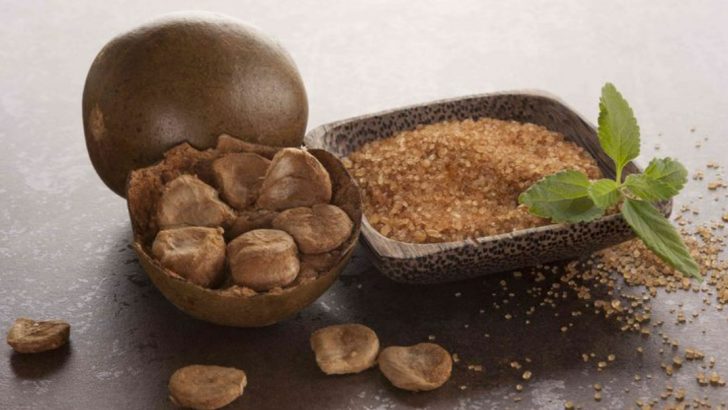Sugar isn’t the only way to make food taste sweet. Many other sweeteners bring flavor with fewer calories, lower glycemic impact, or even added nutrients.
Some come from plants, some from fruits, and others are made by fermentation or refining.
This ranked list breaks down 15 common sugar alternatives—from the healthiest picks to the ones best used in moderation.
1. Stevia
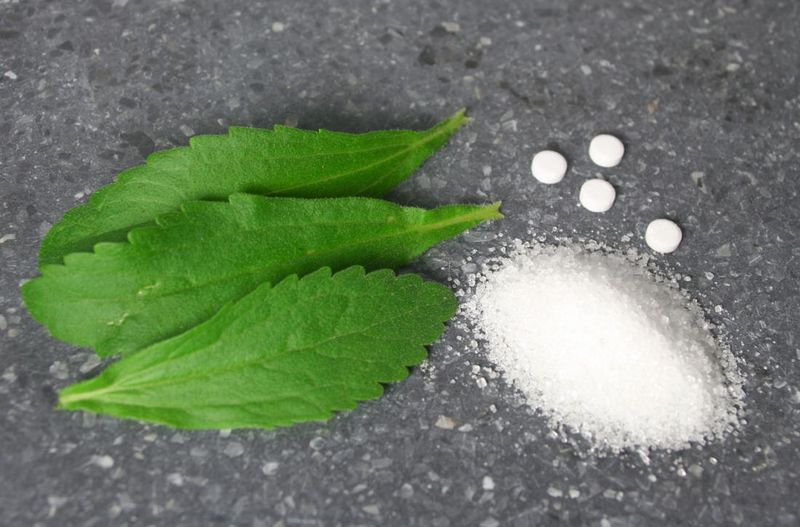
Derived from the leaf of the stevia plant, this natural sweetener is calorie-free and up to 300 times sweeter than sugar. Its taste is clean with a faint herbal note that works well in drinks and baking.
Stevia doesn’t spike blood sugar, making it a favorite among people with diabetes or those watching carbs. It’s also heat-stable and shelf-stable, making it highly versatile.
2. Monk Fruit Sweetener

Made from the juice of monk fruit, this zero-calorie sweetener offers a fruity, clean sweetness with no bitter aftertaste. It contains antioxidants called mogrosides, which give it its intense sweetness.
Monk fruit is non-glycemic and doesn’t affect insulin levels. It’s popular for keto diets and increasingly found in packaged “natural” sweets and beverages.
3. Allulose
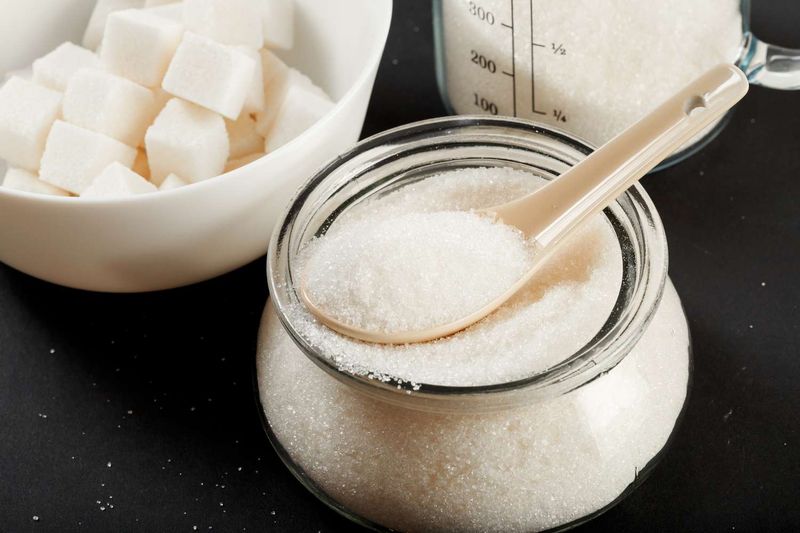
A rare sugar found in figs and raisins, allulose has about 70% of sugar’s sweetness with almost no calories. It tastes nearly identical to regular sugar without a weird finish.
Unlike most sugar alcohols, it doesn’t cause digestive upset in small amounts and has minimal impact on blood glucose. It’s gaining traction in low-carb baking.
4. Erythritol
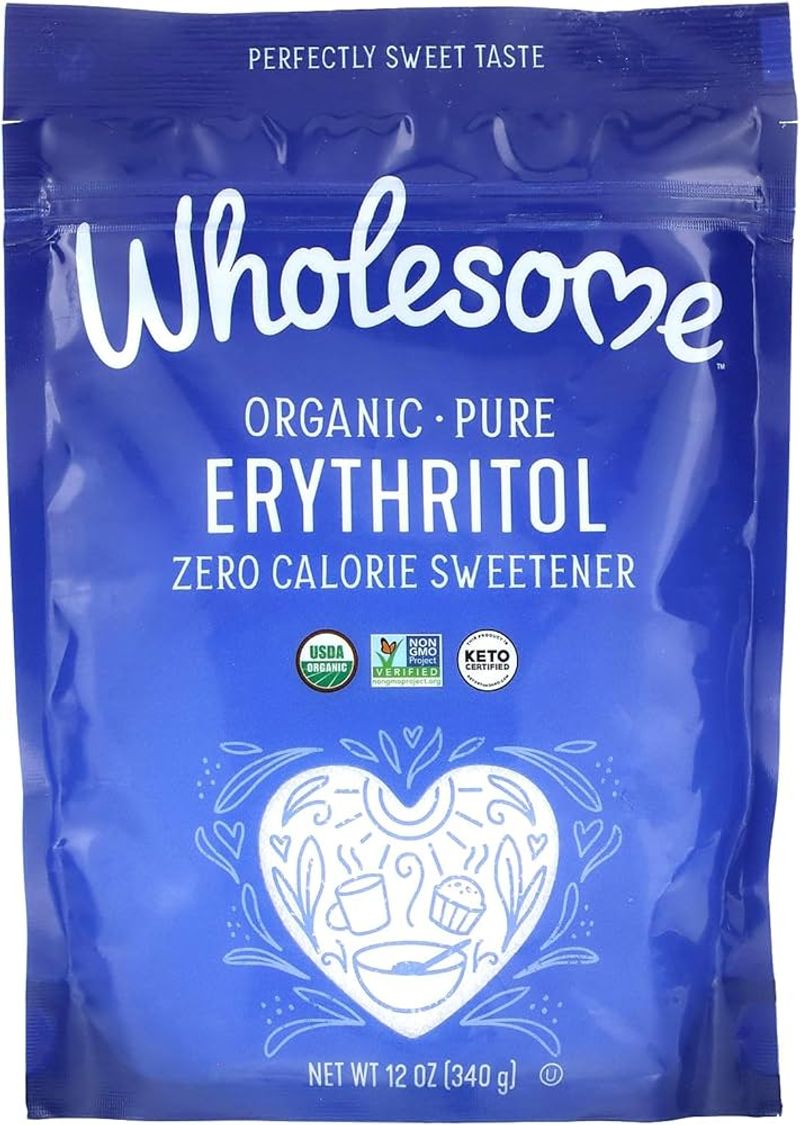
This sugar alcohol is made by fermenting fruits or corn and has about 70% the sweetness of sugar. It’s crisp, neutral, and lacks the cooling effect of some other sugar alcohols.
Erythritol passes through the body mostly undigested, which means it doesn’t spike blood sugar or contribute calories. It’s also tooth-friendly.
5. Yacon Syrup
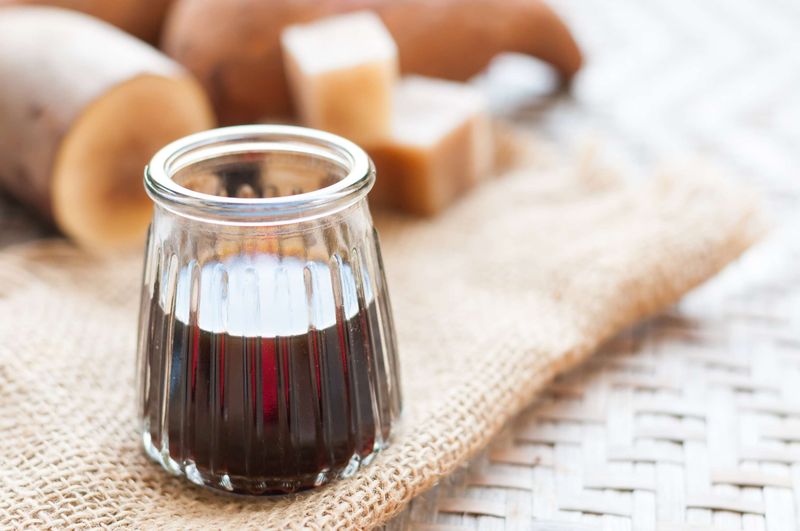
Made from the root of the yacon plant, this dark syrup has a molasses-like flavor and prebiotic fiber. It’s less sweet than sugar but adds depth.
Its high content of fructooligosaccharides can support gut health, though large amounts may cause bloating. Best used in moderation in dressings or drizzles.
6. Xylitol
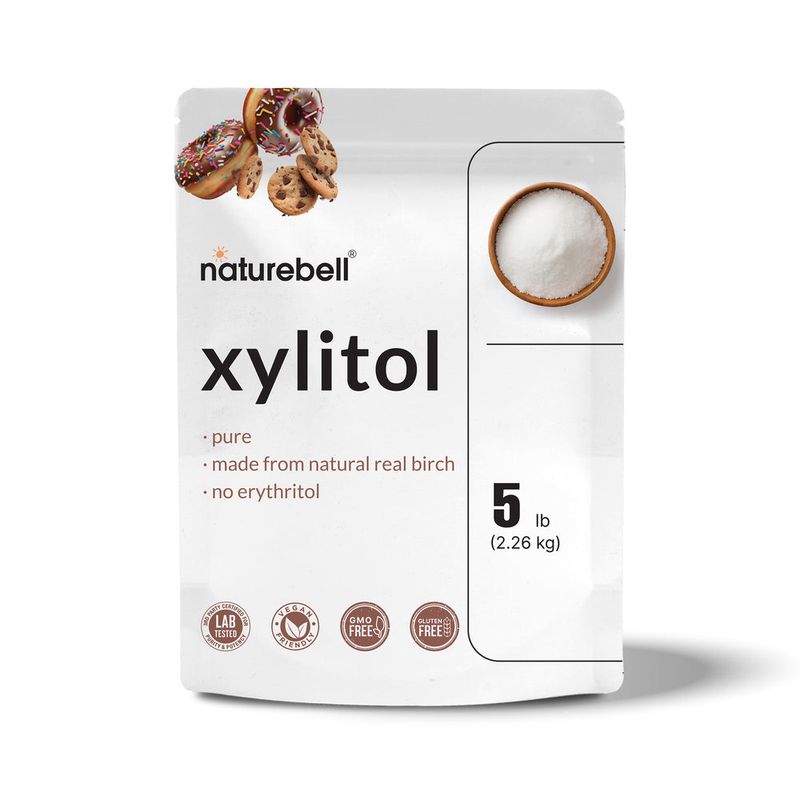
Naturally found in berries and corn husks, xylitol has a sweetness almost identical to sugar. It has a clean taste and moist texture.
It’s popular in dental products because it may reduce cavities, but it can cause digestive issues in excess and is toxic to pets.
7. Coconut Sugar
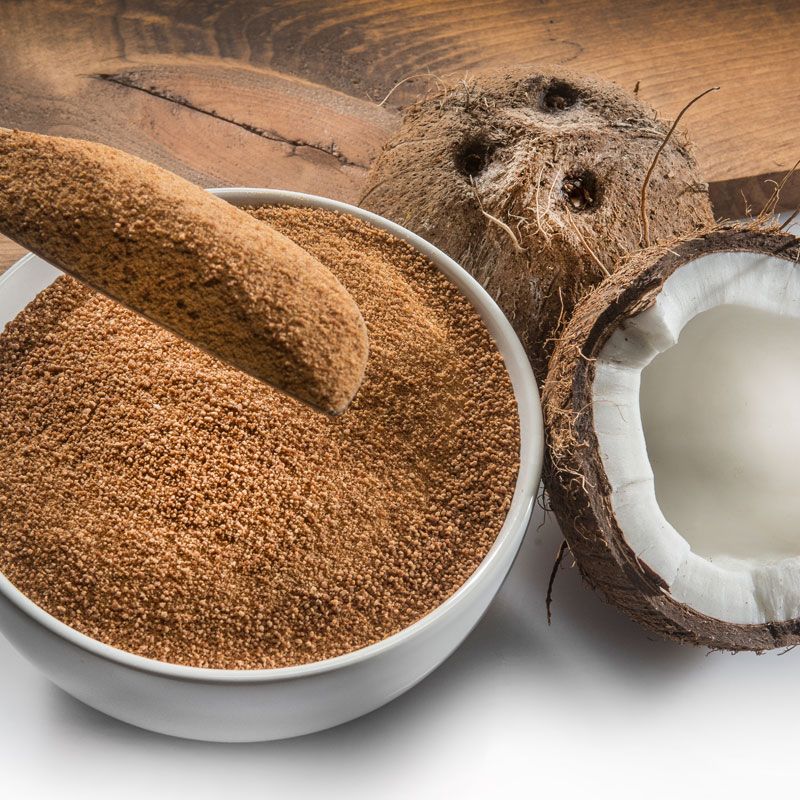
Made from the sap of coconut palm flowers, this brown granulated sugar has a caramel-like flavor and a touch of natural minerals. It swaps 1:1 with white sugar.
Though it has a lower glycemic index than regular sugar, it’s still high in fructose and should be used sparingly in a healthy diet.
8. Raw Honey
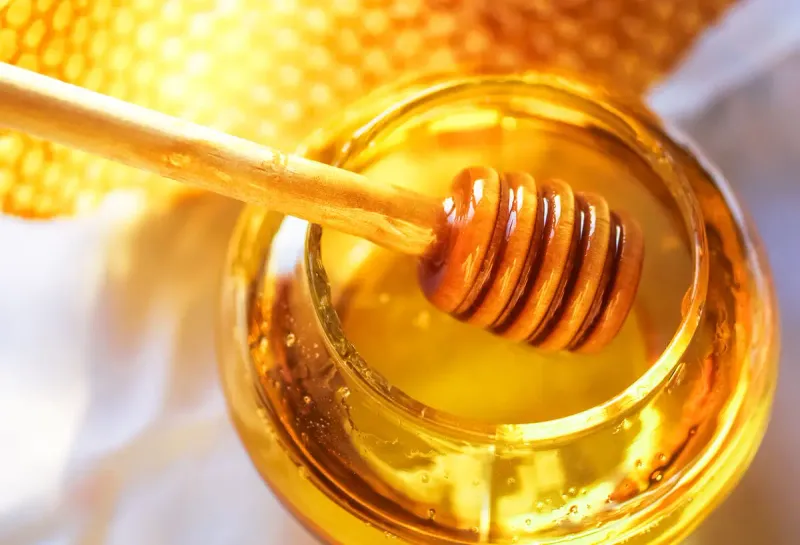
Unprocessed honey is rich in enzymes, trace minerals, and antioxidants, with a floral sweetness and thick, golden texture. It varies by region and flower source.
Though still high in sugar, raw honey may support immunity and digestion in small amounts. It’s ideal in teas, glazes, and simple syrups.
9. Date Sugar
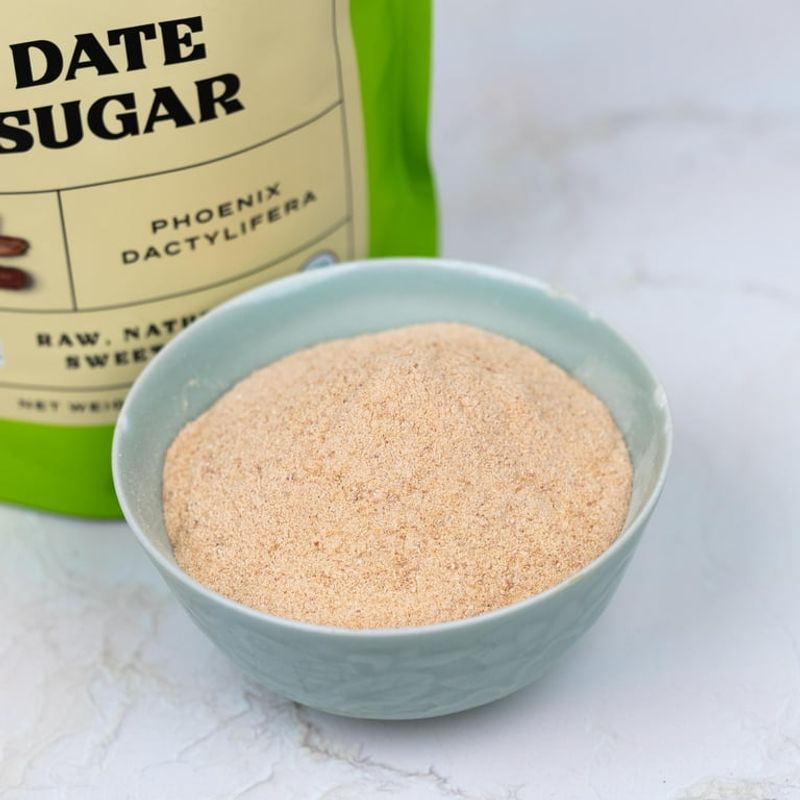
Made from ground, dehydrated dates, this whole-fruit sugar retains fiber and nutrients. The taste is rich and earthy, like dried fruit.
Since it doesn’t melt well, it’s best in baked goods or blended into smoothies. It offers more nutrition than refined sugars.
10. Maple Syrup
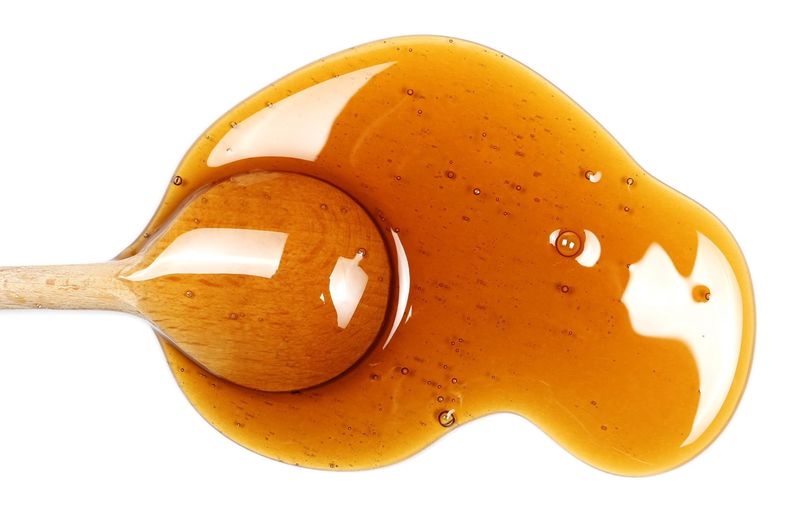
Tapped from sugar maple trees and boiled down to syrup, it brings deep caramel flavor and some minerals like manganese and zinc. The texture is smooth and pourable.
Although it’s still high in sugar, pure maple syrup has more going for it than corn syrup or refined white sugar. Use it in moderation.
11. Molasses
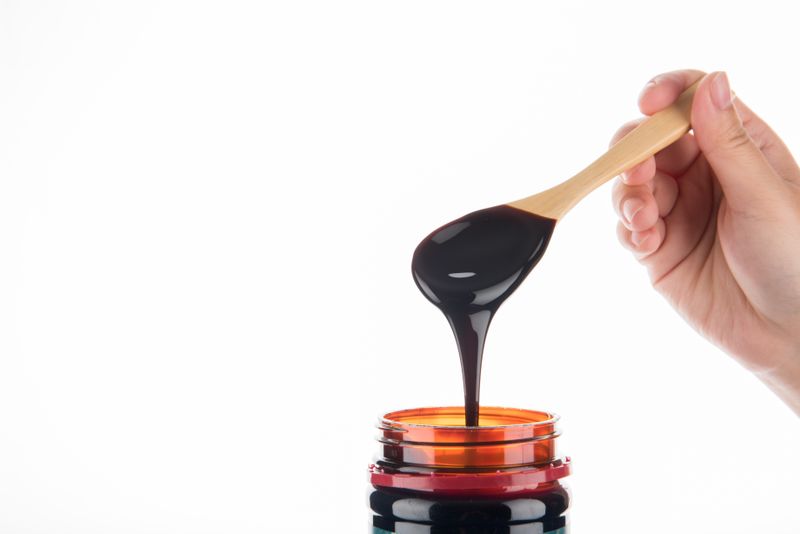
A byproduct of sugarcane refining, molasses is thick, dark, and packed with iron and other minerals. The flavor is bold and slightly bitter.
Blackstrap molasses, the most concentrated form, offers some nutritional value but remains calorie-dense. It’s best for rich recipes like gingerbread.
12. Agave Nectar
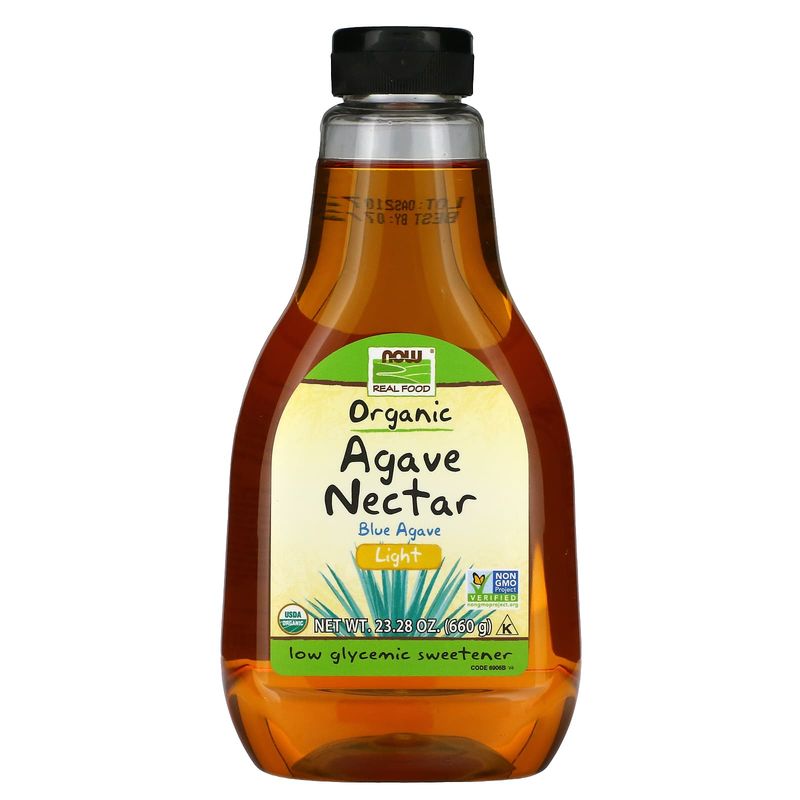
This amber syrup comes from the agave plant and has a mild, neutral taste. It dissolves easily and is sweeter than sugar.
Despite its natural origin, agave is very high in fructose, which can be hard on the liver. It’s best used in small amounts.
13. Brown Rice Syrup
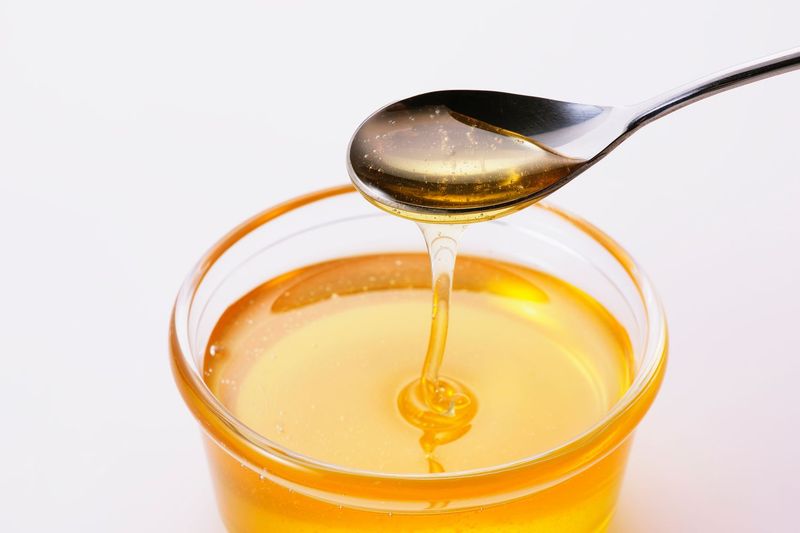
Produced by breaking down the starches in brown rice, this syrup is thick and mildly sweet with a toasty, nutty flavor. It’s less sweet than sugar.
It has a high glycemic index and little nutritional benefit, so it’s not the healthiest choice. Still, it works well in chewy snacks or bars.
14. Sorbitol
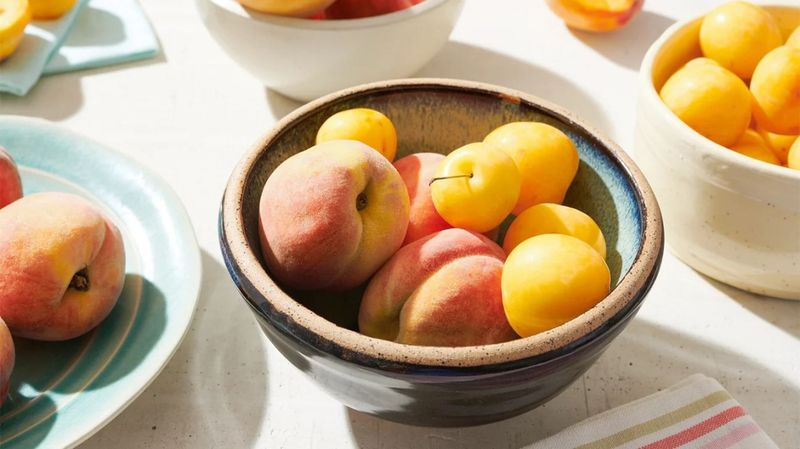
This sugar alcohol has a sweetness about half that of sugar and is found in some fruits and processed foods. It’s cool on the tongue and slow to digest.
Because it’s poorly absorbed, it can cause gas and bloating if eaten in large amounts. Often used in gum and sugar-free candies.
15. Sucralose
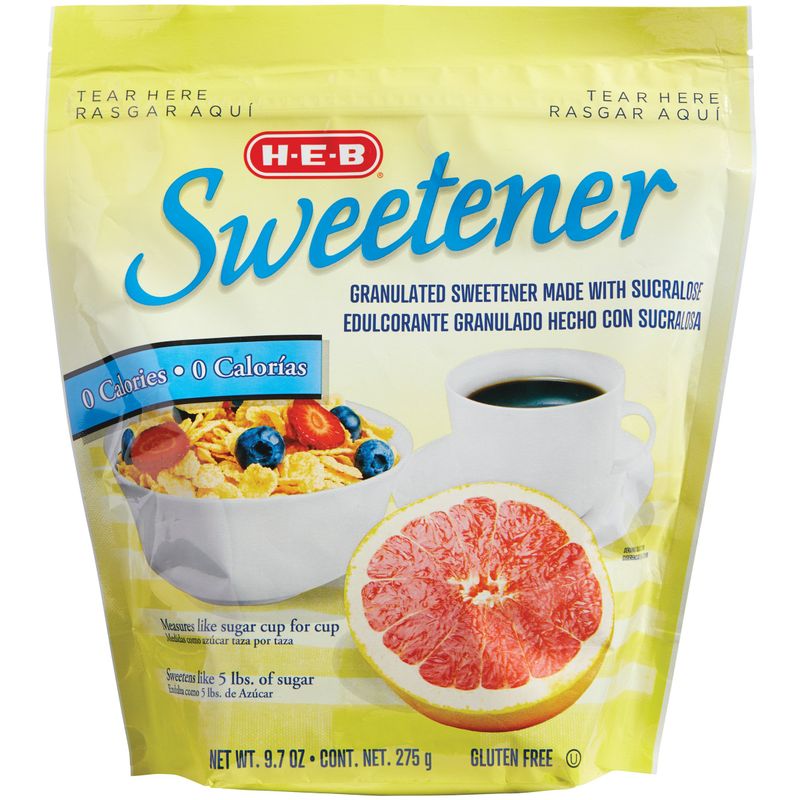
This artificial sweetener is 600 times sweeter than sugar and totally calorie-free. It’s heat-stable and blends easily in most recipes.
Though approved for safety, it offers no nutrients and may disrupt gut bacteria with long-term use. Best reserved for occasional treats.

